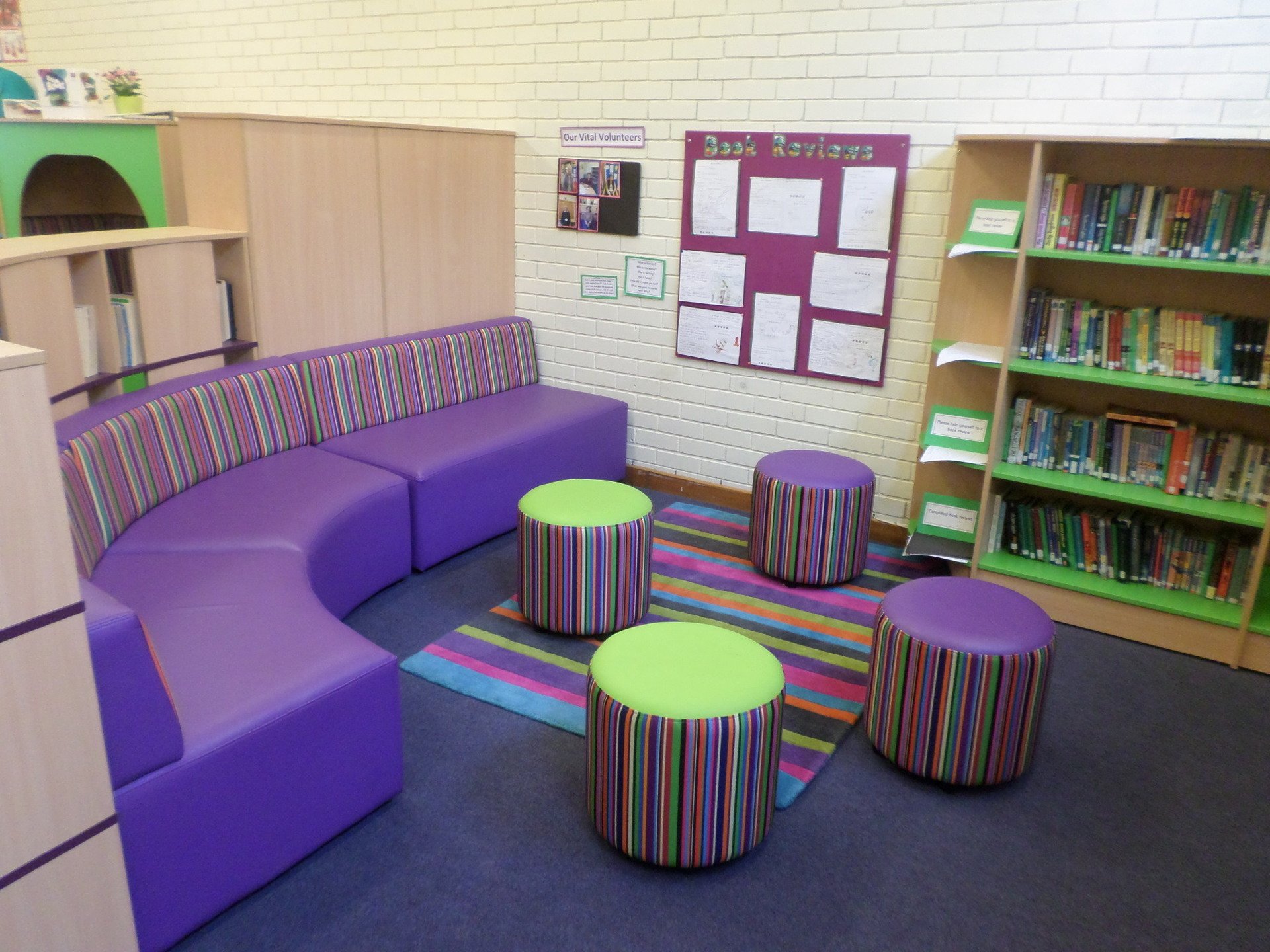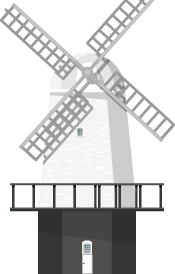Reading
|
At Cranbrook Church of England Primary School, we have worked hard to plan and implement a reading strategy that:
... At Cranbrook Primary, children are are introduced to a wide range of attractive and stimulating books in class book corners, and the school library, including classics, and modern literature from other cultures. Regular visits are made to our local library. Open our Core Text Map to see the texts children cover during their time at Cranbrook Primary School. Please click here to see the texts we share across our curriculum. |
|
||
..
|
Phonics
|
||||||||
|
|
||||||||
Reading Strategy
Our Reading strategy is based on established and evidence informed texts such as, ‘Reading Reconsidered’ by Doug Lemov, and ‘The Art and Science of Primary Teaching’ by Christopher Such. In Such’s book, reading is described as "the product of decoding and language comprehension, where weaknesses in either will lead to difficulties with reading comprehension." For a child to be able to comprehend what they are reading, they need to be able to read fluently, have a broad vocabulary and a deep knowledge of the world. For this reason, our reading strategy incorporates all three of these elements:
Developing fluency
Our reading strategy has a heavy emphasis on supporting children to become confident, fluent readers. We use Little Wandle Letters and Sounds as a robust systematic synthetic phonics programme to help deliver our phonics sessions in EYFS and Year 1. Alongside continued phonics teaching in Y2 (and beyond), children participate in daily whole-class reading sessions, where children engage in both extracts from a variety of text types, but also physical books which they read as a class together for pure enjoyment. Through this, children improve their accuracy, pace and prosody - the three components of fluent reading.
Improving vocabulary
A wide range of challenging vocabulary is embedded in our curriculum, and teachers also explore new words at every opportunity during the normal school day. We also include some discrete vocabulary instruction when encountered in all our lessons. This involves children engaging with 'tier two words' or Latin/Greek root words. In these sessions, children deepen their knowledge of the English language and are given lots of opportunities to revisit and retrieve this new, high-level vocabulary.
Knowledge of the world
When a child tries to comprehend what they are reading, they draw on their own background knowledge to try to make sense of the context and the language being used. We use the model of text to text, text to self and text to world to aid connections to a child’s prior knowledge and increase their chances of comprehending the texts they read.
Reading Assessment
All children are assessed three times a year on their reading comprehension and from Year 2 onwards, children’s reading fluency is assessed as part of our ongoing analysis of where to support children best. Our core questioning framework will follow children throughout their time at Cranbrook Primary School, however the complexity and difficulty of texts will increase as a child progresses through each year group. As part of preparing our students of examinations, during Upper Key Stage 2, children will be exposed to lengthier texts and specific question types to familiarise them with the end of Key Stage expectations and best prepare them for success during examinations. However, the core strategies at the heart of our reading curriculum will remain.
Reading Events
Drop everything and read!
We know the importance of children being read aloud to so every day at 1 o’clock, each class is read aloud to. This enables all children to share a range of texts during their time at our school.
Book Grab
We realise that once you have developed an appetite for reading, it can be quite expensive to constantly buy new books to read. At Cranbrook Primary, we regularly hold ‘Book Grabs’ to encourage children to read new books. This is an excellent way of recycling books, saving money and encouraging book recommendations amongst the children.
|
Oxford University Press - Word Gap We’re proud to be a Word Gap Partner School in association with Oxford University Press. We’re committed to closing the word gap and improving children’s vocabulary and wider life chances. To find out more about the word gap, read the associated research and available resources here. |
 |
|||
Click here to see the diary of reading events at Cranbrook CE Primary
The Library
|
... Our School Library We were fortunate enough to have our library updated in 2018. Our brand new library was opened by Councillor Seán Holden. It is well stocked and is a hub for learning in school.
Our Librarians At Cranbrook Primary, our library is run by our Key Stage 2 Librarians and some of our excellent volunteers. Librarians man the library during lunchtimes, helping children to select new books and complete their Accelerated Reader quizzes. They also share stories together and complete book reviews with the children based on the books they have shared.
Visiting Cranbrook Library Each class frequently visits Cranbrook library which is conveniently located at the end of our road. During the visits, children receive a tour of the library and a talk from a librarian who explains the services on offer. They also read books based on their topic and complete a quiz based on the knowledge they have acquired. The visits have created a real buzz around reading and it is great to see children accessing such a valuable service in the community.
“Visiting Cranbrook Library is really fun because I get to find new books.” Year 4 child “The library has a range of exciting books for both children and adults.” Year 6 child “Even I discovered new books in the library.” Member of staff |
  |
|
Strategies to support your child with their reading at home
There are many ways you can support your child whilst at home. Reading should, where possible, take place daily. Daily reading interaction allows you child to build their fluency and confidence skills which in turn, will make them better readers in the future. Click here to read our top tips for reading at home.
|
Websites to support with reading at home Top Tips to support reading at home 10 Tips on Hearing Your Child Read |
Comments from Ofsted Report (2017)
Teachers use a range of effective strategies to teach writing. Linking writing to the exciting curriculum encourages pupils to write increasingly extended pieces. These allow pupils to develop their ideas and to practise their technical understanding of writing.
Much has been done to improve the teaching of reading. Teachers promote an enjoyment of reading. The library is well stocked. ‘Read with me’ sessions encourage parents to read with their child in school. Pupils receive rewards for becoming ‘home reading heroes’ by reading frequently at home.











